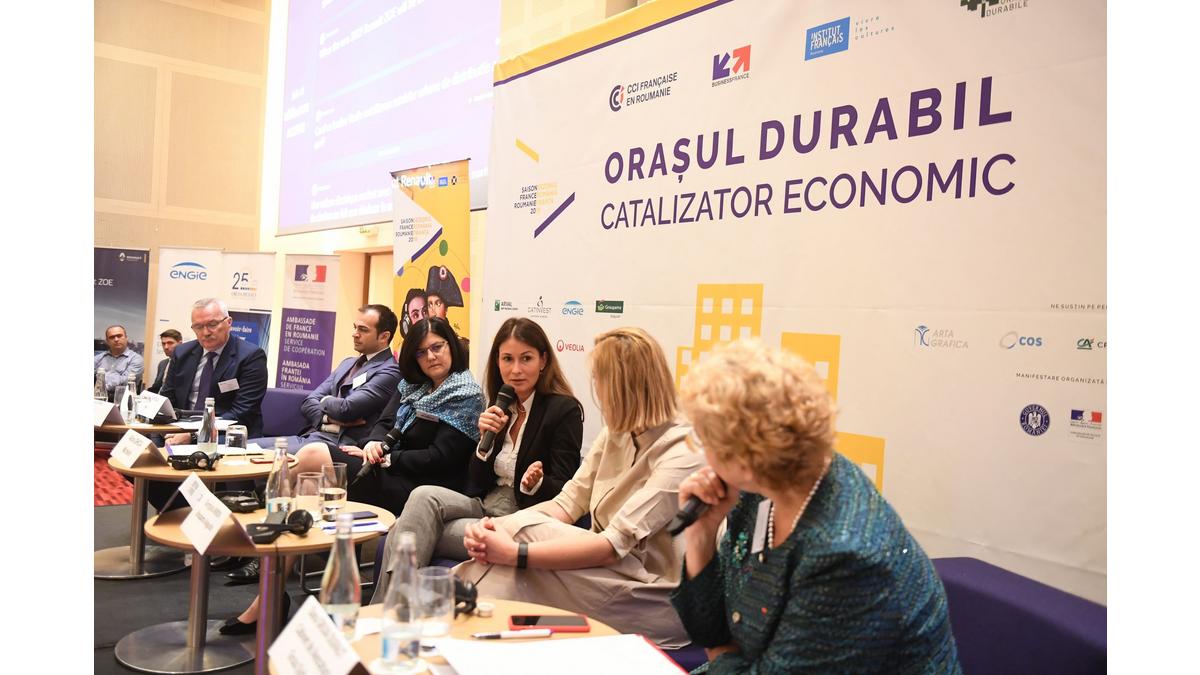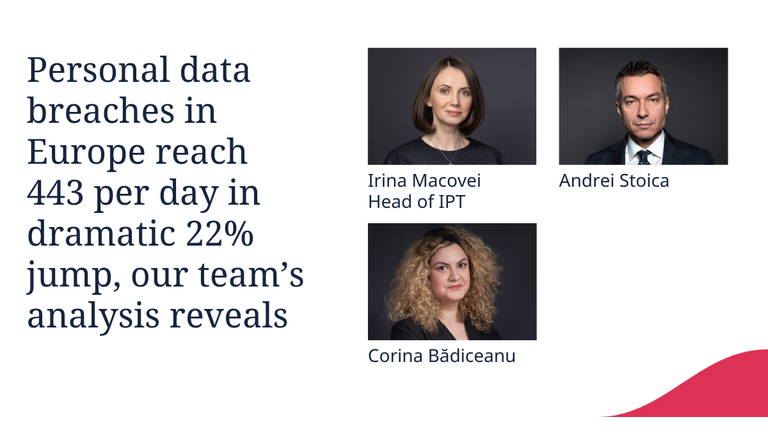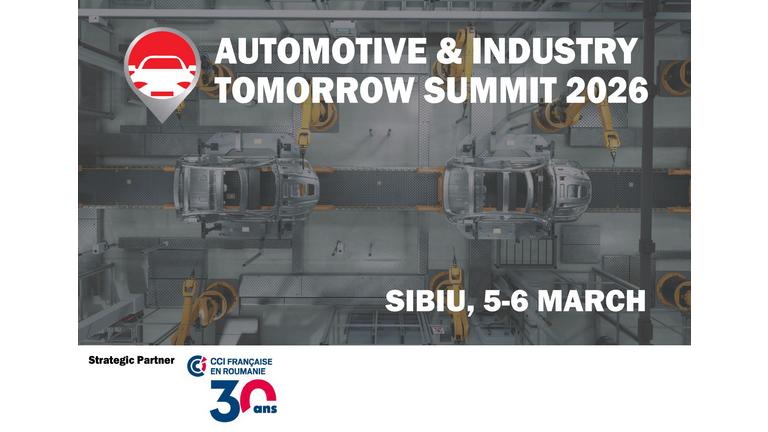Interview • Mitglieder • Interview • Membres
About electric mobility, energy transition and renewable energy with Groupe Renault

During the conference "The sustainable city", which CCIFER organized with its partners on May 15, the public was able to interact with the panelists, sending them questions in real time. We recovered the questions to which, given the tight schedule of the conference, Cecilia Tudor, Special Sales Director Renault Commercial Roumanie, didn’t have the time to respond. We invite you to discover Renault's responses to current and future issues, such as electricity mobility, energy transition and renewable energy.
An electric car running on electricity produced from coal only shifts pollution. How does Renault promote the use of renewable energy?
Renault: Renault’s strategy is to develop an intelligent ecosystem in support of the energy transition and the large-scale deployment of electric mobility. The group intends to make a significant contribution to the development of smart electric grids*. Connected to smart grids, Renault’s electric vehicles promote the availability of carbon free and cheap energy. Smart grids make it possible to develop intelligent charging (smart-charging), vehicle-to-grid interactions and second life battery projects.
Even after its "automotive life", the battery of the electric vehicle retains a large storage capacity. It can be reused in less demanding environments, such as stationary energy storage. With second life for batteries, Renault is able to meet the full range of energy storage needs: from single-family homes to office buildings, professional or academic buildings, residential buildings and even electric vehicle charging points.
*A smart grid is an electricity distribution network that promotes the circulation of information in order to adjust the flow of electricity in real time and allow more efficient management of the network
How is Renault positioned to serve the emerging Mobility as a Service?
Renault: At a time when mobility has never been a more crucial global issue, our role as a longstanding manufacturer of all types of vehicle is more important than ever. We have a responsibility to propose innovative solutions to address urban environment saturation and to stake out the smart city of the future. Groupe Renault's mission is to be a company whose practices and products help to build a positive economy and society for everybody. Therefore, we are providing mobility in different forms in order to make it as affordable and convenient as possible and to promote positive behavior, such as car-sharing. We defend a form of mobility that respects the environment – i.e. the climate, natural resources and air quality – and that also respects people, through road safety. Our environmental programme is based on our leadership in three areas that are set to transform society over the next ten years: electric vehicles, the circular economy and new mobility services (e.g.: robo-taxis).
Why truck constructors like Renault do not invest in electric and continue to promote diesel?
Renault: The competitive landscape on the market is not static, it is still moving. Renault offers in some countries Master Z.E., a large van segment that is designed to be the ideal companion for last-mile delivery and to operate in city centers. His development has been pulled by customers usage and requirements (range, price, payload, cargo space).
Many factors impact the range of the vehicle: driving style, load, weather conditions, driving conditions, etc. Adding 1 or 2 packs of battery is surely not the magic answer to the range as it adds a significant amount of weight to the car bringing (the range down) the price up and the payload down. Master Z.E. has raised a strong interest from our partners including Renault Trucks and Nissan. This strong interest comforts us in the fact that Renault is offering a relevant product with real value for our customers.
For more information regarding Renault Trucks, please contact their website.
When the new 2019 Renault ZOE will be launched in Romania?
Renault: We expect ZOE NEO at the end of 2019.
Does Renault have green energy projects for powering electric cars? What is the carbon footprint calculated by the company for these ones?
Renault: With the creation of Renault Energy Services in 2017 with the aim to provide smart solutions for charging, second life of batteries and the full integration of the electric vehicle to the grid, the group creates privileged links with the various energy players. Moreover, through a program called Smart Fossil Free Island, the first "smart island" in Europe based on an innovative electric ecosystem was implemented in 2018 by the Madeira Regional Government, using smart and sustainable technologies to strengthen Porto Santo's energy independence and promote its production of renewable energy, through the decarbonization of mobility. With Porto Santo, Groupe Renault is experimenting on a full scale, partnering with experts in their field and gathering the needs and expectations of its customers to build a model that can be replicated on other islands, eco-neighborhoods or cities (Belle-Ile-en-Mer in France, Reunion Island, etc.) More broadly, Porto Santo illustrates Groupe Renault's commitment to public and private partnerships to create sustainable mobility solutions for all, in line with the group's strategy to become a major player in electric ecosystems and a provider of intelligent mobility solutions for the city of tomorrow.


